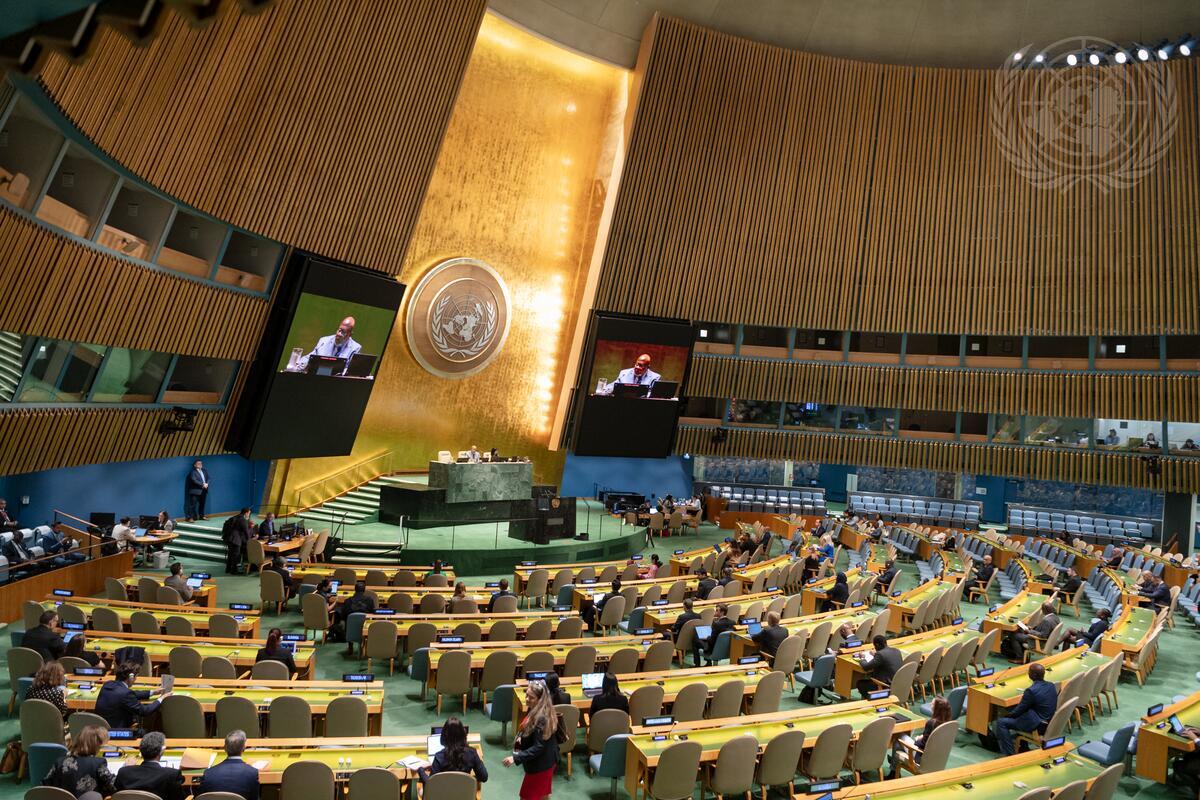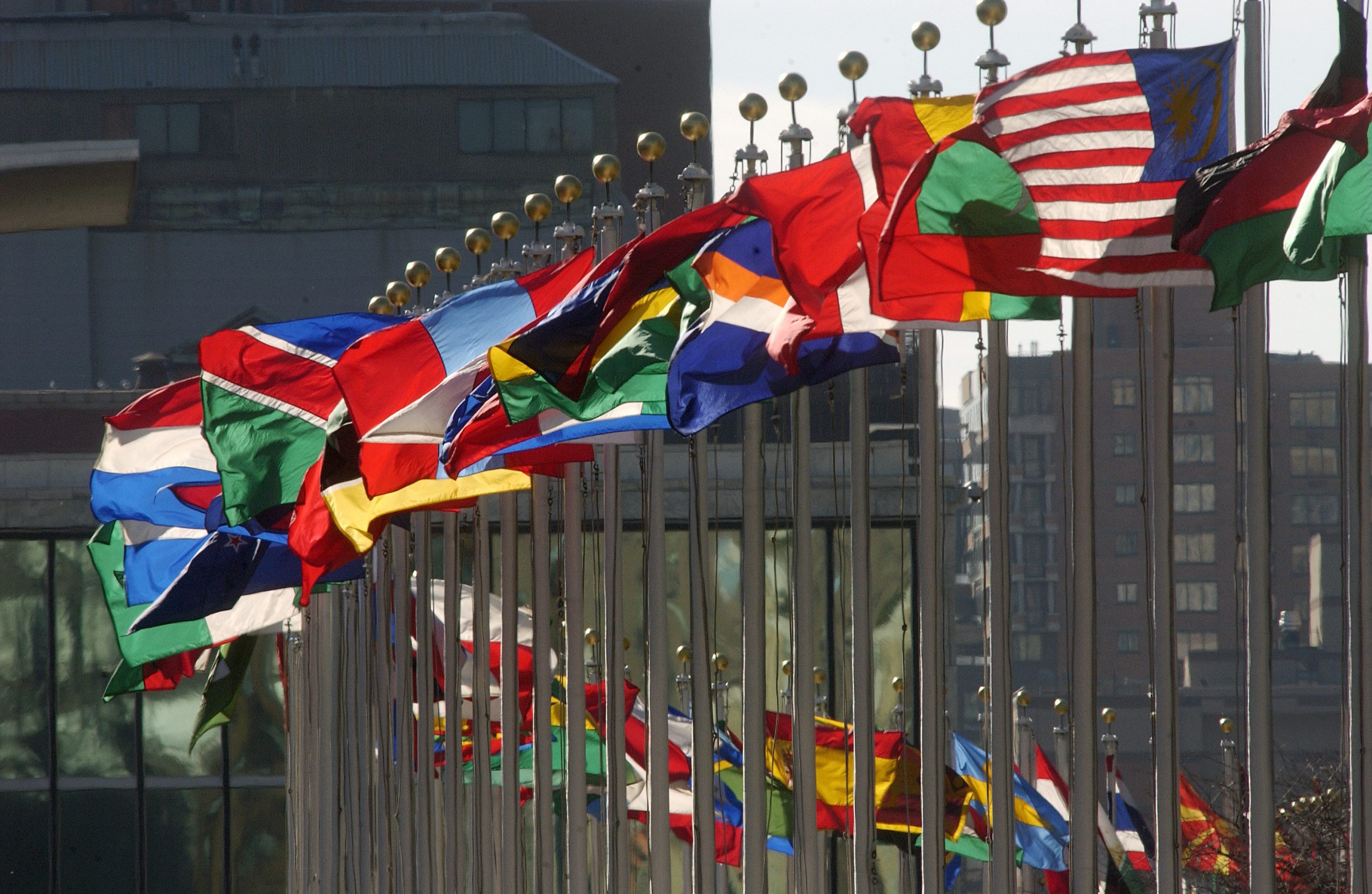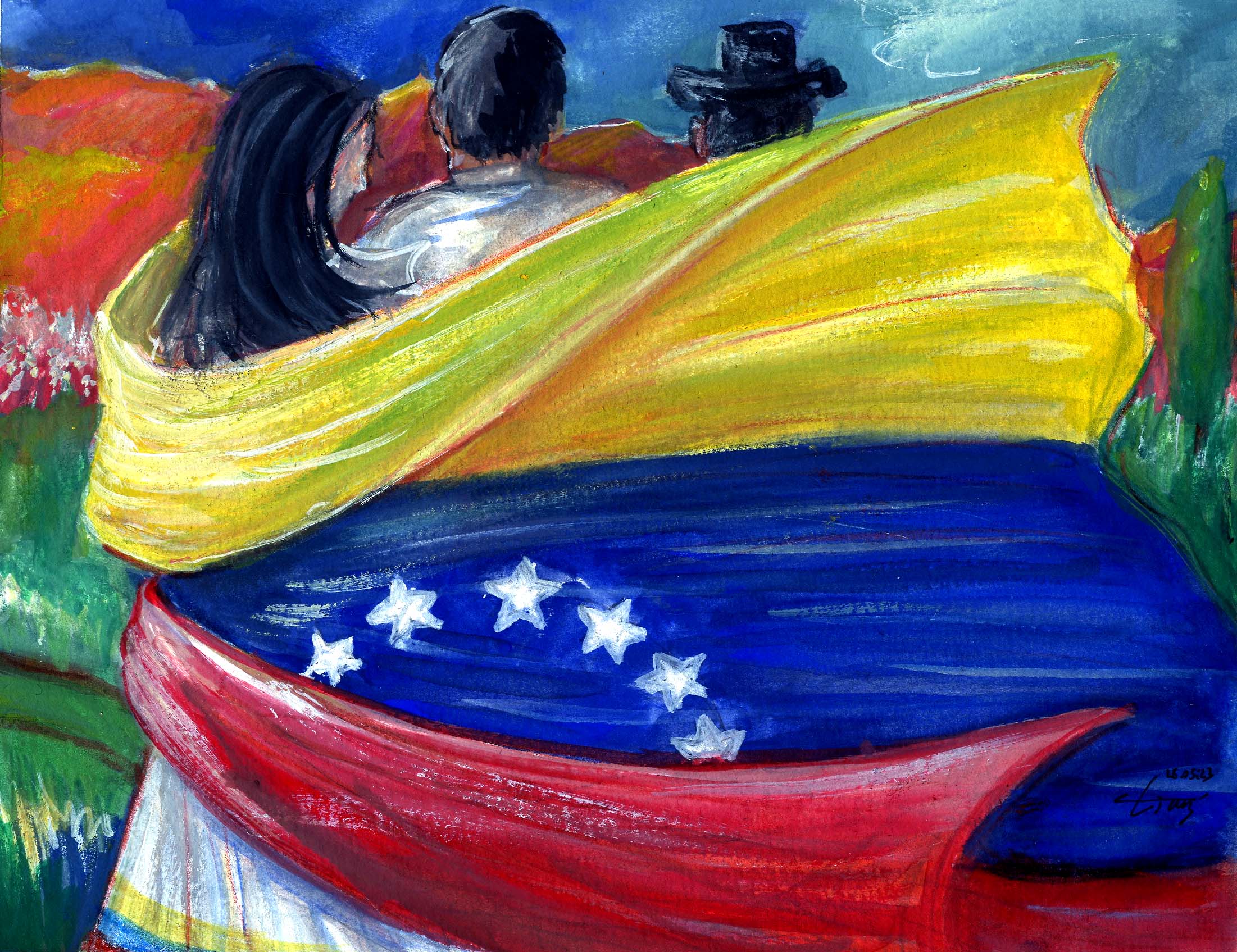The General Assembly has mandated that Human Rights Council members should uphold human rights and established criteria and a process to safeguard the Council
The Human Rights Council is comprised of 47 member States, elected by the 193 member States at the UN General Assembly. Pursuant to UN General Assembly Resolution 60/251, Members of the HRC are required to uphold the highest standards in the promotion and protection of human rights and to cooperate fully with the United Nations human rights mechanisms. HRC membership standards, as well as a procedure for the suspension of the rights of membership, were established by the General Assembly with a view to safeguarding the institutional integrity and legitimacy of the Council. This was considered particularly important when the Council was established in 2006 in order to avoid the disrepute into which its predecessor body, the Human Rights Commission, in respect of which there were no membership standards or suspension criteria, had fallen.
The General Assembly established objective criteria for suspension of a member from the Human Rights Council
The UN General Assembly is empowered to suspend the rights of membership of a member of the HRC in circumstances where that State is committing gross and systematic human rights violations. This requires the adoption of a resolution by the General Assembly by a two-thirds majority of States present and voting, with only yes and no votes counting for this purpose. In other words, the total number of States voting yes in favour of suspension must be two times more than the total number of States voting no against suspension. The most recent vote at the General Assembly on the humanitarian crisis in Ukraine was adopted with 140 yes votes and 5 no votes (that is, almost 30 times more yes than no votes).
Russia manifestly meets the criteria for suspension. Suspension is necessary to uphold the integrity of the Human Rights Council and the authority of the General Assembly, as well as to avoid entrenching impunity for gross and systematic violations
There is overwhelming evidence that Russia is responsible for gross and systematic human rights violations in Ukraine, some amounting to war crimes and crimes against humanity, including the deliberate or indiscriminate targeting and killing of civilians, as well as the deliberate or indiscriminate targeting and destruction of hospitals, schools, apartment buildings and homes. Russia’s violations have given rise to a humanitarian catastrophe in Ukraine.
The UN Human Rights Office has verified the killing of at least 1104 civilians, including at least 96 children. The UN refugee agency has reported that over 3.7 million people have been forced to flee Ukraine and seek refuge outside the country, while a further 6.5 million people are displaced within the country. The World Health Organisation has documented at least 64 attacks on health care facilities. The invasion itself clearly amounts to the crime of aggression and a flagrant violation of Ukraine’s territorial integrity and sovereignty, as well as the fundamental purposes and principles of the UN Charter.
In Russia itself, authorities have engaged in gross and systematic violations aimed at silencing and punishing any criticism of the war. These violations include the arbitrary arrest and detention of over 15,000 peaceful protestors, the repression of civil society, the censorship and silencing of independent media, and the criminalisation of the exercise of the rights to freedom of expression, association, assembly, or public participation.
The case for the suspension of Russia is overwhelming and distinctive
No member State of the Human Rights Council has a perfect human rights record, and a number of current members of the Council are responsible for widespread violations. However, the scale and gravity of Russia’s violations, the overwhelming and indisputable evidence that Russia is committing the crime of aggression, war crimes, crimes against humanity and other serious violations, all in violation of the UN Charter and the territorial integrity and sovereignty of another State, make it a very distinctive contemporary case.
While there are other States that are currently HRC members that have arguably been responsible for gross and systematic human rights violations in the context of the unlawful use of force within or against another State in the past, these acts occurred prior to the establishment of the HRC with its requirements for membership and procedure for suspension.
Russia is responsible for gross and systematic violations, including atrocity crimes, right now and the UN General Assembly has a responsibility to act, right now. The General Assembly’s action or inaction in the present case will determine both whether the Human Rights Council membership criteria established by the GA in 2006 remains valid or is completely devoid of meaning, as well as whether a member of the P5 should comply with international law or be given complete impunity for violations of international human rights law, international humanitarian law, and the UN Charter itself.
The suspension of Russia is consistent with efforts aimed at dialogue and peaceful resolution of the war
The suspension of Russia’s rights of membership at the Human Rights Council would not in any way impede efforts at bilateral or multilateral dialogue to end the war, nor reduce or remove avenues towards accountability.
Suspension does not equate to expulsion or exclusion. The suspension of Russia’s HRC membership rights would merely mean that Russia does not enjoy the privileges of membership of the 47 member body and cannot propose or vote on resolutions or amendments at the HRC, putting Russia on an equal footing with the other 146 observer states at the HRC. Russia would still be subject to, and able to participate in, all HRC meetings, mechanisms and processes on the same basis as all other non-member states.
The General Assembly has a responsibility to act now
The sole question for the General Assembly is whether Russia should be entitled to continue to exercise the privileges of HRC membership in circumstances where it is in clear breach of membership criteria and, moreover, where to maintain their membership rights would:
- diminish the HRC’s institutional integrity and bring the HRC into disrepute,
- undermine the authority of the General Assembly and render a GA resolution devoid of meaning, and
- accept and entrench impunity for gross and systematic violations perpetrated by a P5 State.
The call for the General Assembly to suspend Russia’s rights of membership of the HRC has been endorsed by a broad coalition of 50 NGOs from every region of the world.




